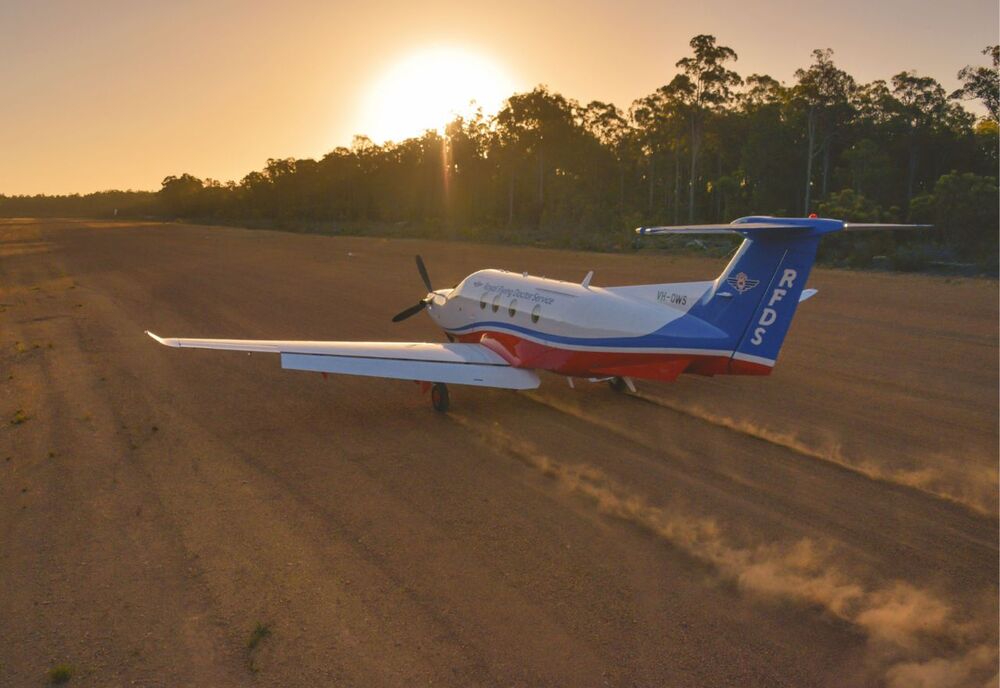Budget wins and losses for rural health
Kristin Murdock
16 May 2024, 7:40 AM
 Nicole O’Reilly, Chairperson of the National Rural Health Alliance says more needs to be done to address the inequity in regional health.
Nicole O’Reilly, Chairperson of the National Rural Health Alliance says more needs to be done to address the inequity in regional health.While many media outlets consider health as one of the winners in last night's budget, it fails to address the ongoing health care inequity between rural and urban Australia according to the National Rural Health Alliance.
"The Budget falls short of our expectations," said Nicole O’Reilly, Chairperson of the National Rural Health Alliance.
"It is disheartening to observe the government's lack of responsiveness to rural voices and its failure to commit to comprehensive reforms that would offer sustainable and long-term benefits for rural communities."
New health initiatives in the budget included the following -
- $319.50 a week placement payment for student nurses/midwives/social workers, via means-tested Commonwealth Prac Payment, from July 2025
- $49.1m to give women with complex gynaecological conditions better access to specialist doctors. Specialist consultations of 45 minutes-plus covered under Medicare from July 1, 2025.
- 29 extra Medicare Urgent Care Clinics at a cost of $227m.
While this may be good news, it doesn't change the fact that the further an Australian lives from an urban centre, the lower their life expectancy.
Regional dwellers are also twice as likely to die from preventable illness.

Rural men are 2.5 times and women 2.8 times more likely to die from potentially avoidable causes than those in urban areas.
Many rural people have no access to primary healthcare services within an hour’s drive from their home.
They use Medicare up to 50 per cent less than those in cities, showing that people rather not make the long journey or wait long hours to access health care somewhere else. As a result, the burden of disease in remote areas is 1.4 times than that of major cities.
“Evidence is clear that per-person spending on healthcare is not equitable," Ms O'Reilly said.
"Funding could have enabled rural Australians to access health and medical services in their local communities. We call on the government to make a better commitment at the next opportunity to ensure that our rural communities are looked after."

Not just for emergencies: Extra funding in the budget will enable the Rural Flying Doctor Service to expand it's growing role as a primary health care provider
Ms O'Reilly said the National Rural Health Alliance welcomed the commitment to support rural training opportunities.
"The establishment of the Charles Darwin University Menzies Medical Program which aims to educate home grown doctors is vital for growing the next generation of rural doctors. We acknowledge the new Commonwealth Prac Payment and the opportunity it will provide to support students to experience rural based clinical placements," she said.
“We are also pleased to see the Royal Flying Doctors Service supported with top up finding to deal with the increasing costs of service delivery of vital services they provide to rural communities. But their model is only one that addresses the vast variety of health care needs across rural and remote Australia.
There are many struggling rural and remote primary health care services that are on the brink of closure and need support and significant reform.
“There is much more to be done to address the inequity in health care outcomes for rural and remote Australians,” Ms O’Reilly said.



